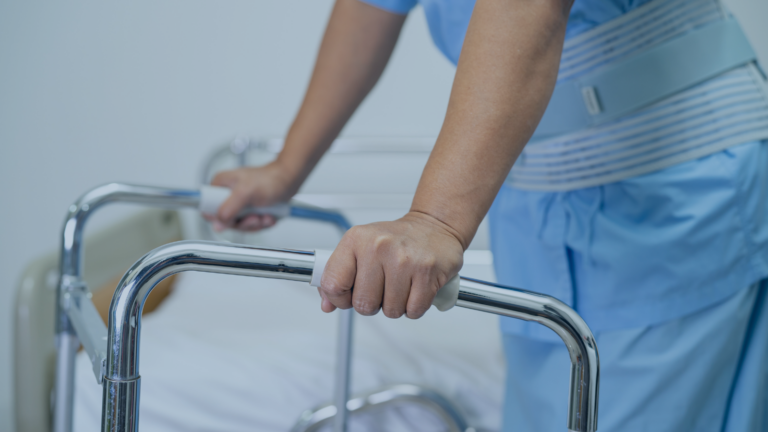Many of us will be involved in a road accident of some description during our driving lives. With the number of cars on the roads increasing, the odds of a crash look distinctly more likely.
In 2010 alone, 208,648 people were injured in crashes, according to Department for Transport figures. As there is no official mechanism for quantifying and recording the number of damage-only accidents that take place (as the police tend not to record these), then the total number of crashes of all descriptions occurring on our roads yearly is quite staggering. Few people give much consideration to what they would do in the event of a crash, and many are unaware of what the procedure involved actually is. Below are a number of recommendations for what to do – and what not to do – if you are involved in a road traffic accident.
If you are involved in a crash where you damage a vehicle or a trailer that it is pulling, damage any roadside furniture or injure an animal (such as a cow, horse or dog, but not a cat) that is on the road or in the vehicle or trailer, then you MUST:
a) stop; and
b) provide your name and address, and the name and address of the owner of the vehicle and its registration number to anyone who has reasonable grounds for needing them.
If you are unable to do this at the time, then you should report the accident to the police. When you report it, the police may not want to record the matter. However, it is worthwhile insisting that they do, because this is your proof that you have complied with the law in relation to reporting an accident.
In accidents where a person has been injured the law is similar, except it states that you must also produce an insurance certificate to anyone who has reasonable grounds to require it. Again, if you are unable to produce it at the time, you must report the accident immediately or as soon as practicable, as long as this is within 24 hours.
How should you deal with an accident?
The golden rule for all accidents is:
Don’t panic. Take deep breaths, attempt to calm yourself down and try and keep a cool head. The first thing you should deal with is personal safety and first aid. Do not put yourself in harm’s way or any further danger; if you are on a motorway, get off the carriageway and don’t wander around in the road.
Do not leave the scene. If the police are attending, wait until they arrive. If you really must leave, then make sure that they know who you are and where you have gone. This is most important at the scene of injury or fatal crashes.
Do not have an alcoholic drink to ‘steady your nerves’ or for shock. If the police arrive and you have to provide a breath test, you could find yourself being arrested and taken to the police station. It is easier to decline or refuse alcohol at the time than it is to deal with ‘countback’ blood alcohol procedures afterwards.
Don’t admit liability. It’s very easy to say something that could be taken as an admission of liability. The phrase “I’m sorry” is a good example: what are you actually saying sorry for? You may mean “I’m sorry this has happened” but it could be interpreted by the person you say it to as ”I’m sorry I caused this accident.” Therefore, say as little as possible. By the same token, make a note of anything the other driver says – it could be important at a later date.
Don’t sign anything that’s offered to you by the other driver, as this may also be an admission of liability.
Do if possible, photograph the vehicle positions before they are moved clear of the road. Photograph tyre marks and the position of piles of debris, as well as the registration plate of the other vehicle. If you have concerns about the other driver’s identity, try to photograph them.
In general, the police will decline to attend damage-only accidents. However, if you think the other driver has committed an offence, it is wise to tell the police your concerns. For example, if the other driver smells of alcohol, is acting in a strange manner, is violent towards you or is verbally aggressive or abusive, you should insist that they come.
While you are speaking to the police, ask for an incident number from the police control room, as this may be useful in the future. If the police do come to the accident scene, ensure that you obtain the ‘collar number’ (this will actually be displayed on the shoulder), name and police station of the officer dealing with the incident. Ask him or her to record the names of the drivers and the registrations of the vehicles involved.
Wherever possible, take down the names, addresses and telephone numbers of all witnesses (remember mobile telephone numbers are always 11 digits). Write down the number and then read it back to the witness.
If your vehicle can no longer be driven and you have to use public transport to get home, remember to keep any tickets or receipts, as you will need these if you claim back your expenses at a later date from the third party.
It is a good idea to always carry a note pad and a pen or pencil in the glove box of your car. You might never need it but, on the other hand, if you are unfortunate enough to be involved in a crash, you will be in a position to record all the details you need for any subsequent claim.
For more information, contact our Personal injury and accident claims team.



